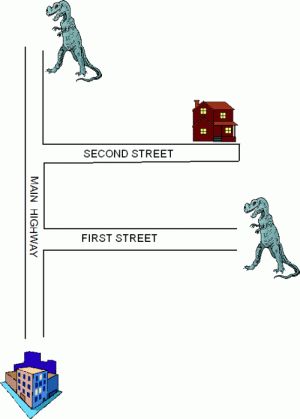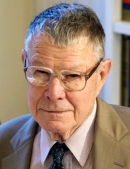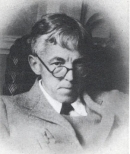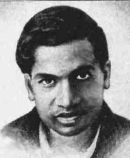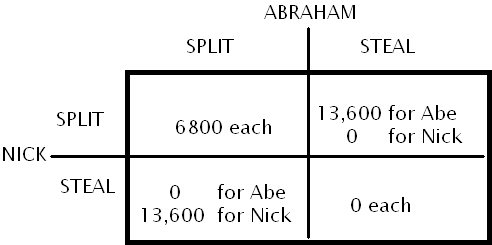 Recognizing that I know no more about politics than most of you, and that I have no notable record as a political prognosticator, here is my prediction, as of about a half hour before the second Republican presidential debate: Doug Burgum breaks out of the pack with strong attacks on Donald Trump.
Recognizing that I know no more about politics than most of you, and that I have no notable record as a political prognosticator, here is my prediction, as of about a half hour before the second Republican presidential debate: Doug Burgum breaks out of the pack with strong attacks on Donald Trump.
Why? First, he needs a Hail Mary. Second, he needs it tonight, or there’s almost no chance he makes it into the third debate. Third, among the various Hail Mary’s available to him, this seems the most likely to pay off.
Arguably, they all need Hail Mary’s. But those (i.e. most of them) who have refused to substantially attack Trump in the past can’t use this particular Hail Mary without being called out for flip-flopping. (Burgum doesn’t have to worry so much about this, because almost nobody has paid any attention to anything he’s said yet.) Also, Burgum is the one who most needs to get this done tonight, with little prospect of going on otherwise.
A couple of hours from now, you can tell me why I got this wrong.



